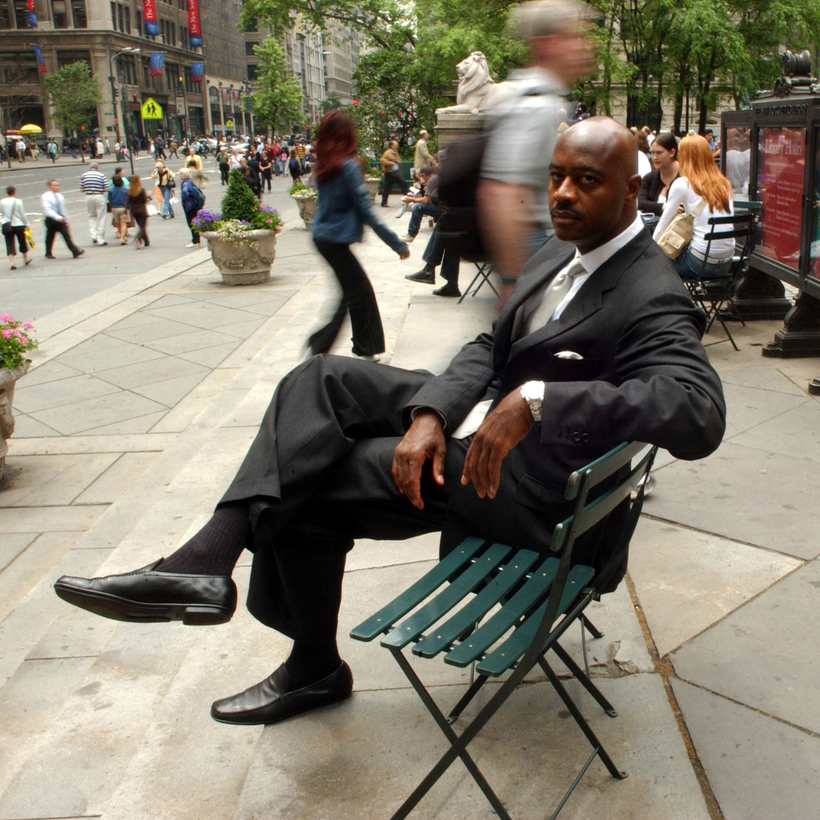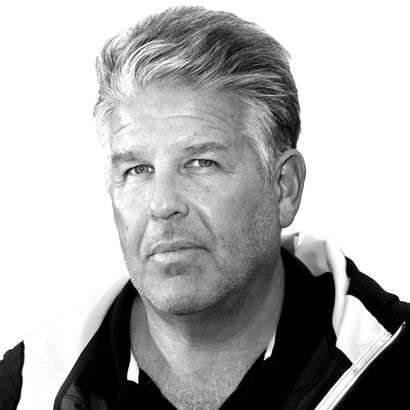Raymond McGuire, the longtime Wall Street investment banker who, on December 2, will formally announce his bid to become the next mayor of New York City, has friends in high places and lots going for him, such as raw intelligence, charisma, and a desire to rebuild a city—and a budget—ravaged by the coronavirus. “We are in a war for the survival of this great city,” he told CNBC when he admitted he was going to make the mayoral run. That’s for sure. Crime is up. Budget deficits are up, and real-estate occupancy rates are down, way down. But his well-heeled supporters hope his combination of gifts will make McGuire a formidable opponent in a crowded field, even though he has never before run for office.
McGuire, 63, has a killer backstory. And in many ways that’s part of his challenge. He’s the plutocracy’s fantasy of a populist candidate. The question is: will average New Yorkers relate to him? He was raised by a single mother and his grandparents in a Dayton, Ohio, neighborhood that he has referred to as “the other side of the tracks.” “My family had all of the essentials that money could buy: food, shelter and clothing,” he told BET in 2014. “But more importantly, we had all that money could not buy: love, honor, respect, integrity and, most importantly, faith.” He got bused to school, but only after he’d walked a mile and a half to get to the bus. He was on scholarships starting in the sixth grade.


